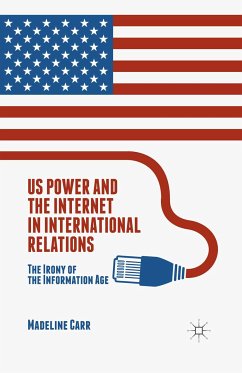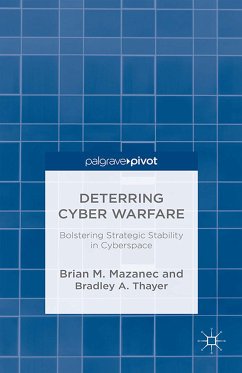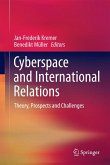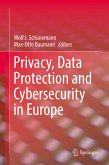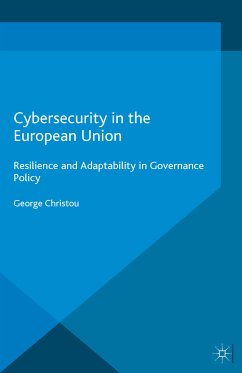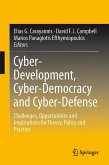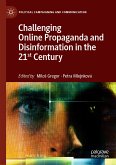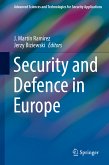Despite the pervasiveness of the Internet and its importance to a wide range of state functions, we still have little understanding of the implications of this technology for power in the context of International Relations. Existing International Relations theories of power, developed in the context of industrial technology, have struggled to incorporate the complexities of the Internet. This book combines the Philosophy of Technology with theories about power from International Relations in order to build a conceptual framework for the study of state power in the information age. It utilises this framework for the study of how conceptions of US power have shaped and influenced three aspects of Internet technology; cyber security; Internet governance and network neutrality. In doing so, this study contributes some forward momentum to the stalled debates in International Relations about whether the Internet enhances state power more than it undermines it.
Dieser Download kann aus rechtlichen Gründen nur mit Rechnungsadresse in A, B, BG, CY, CZ, D, DK, EW, E, FIN, F, GR, HR, H, IRL, I, LT, L, LR, M, NL, PL, P, R, S, SLO, SK ausgeliefert werden.

